People who identify as Aboriginal or Torres Strait Islander are advised that this webpage may contain images and/or names of people who have died. Seeing images and/or name of someone who’s died may be upsetting or distressing in some Aboriginal and Torres Strait Islander communities, and in some situations, offend against strongly held cultural prohibitions
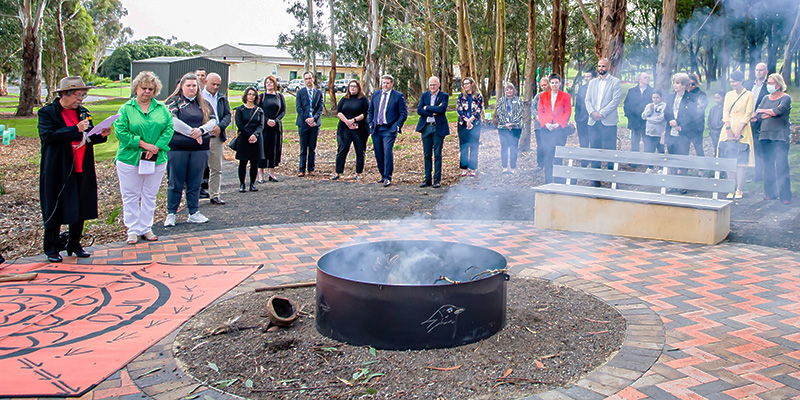
2023
The new Kinyera Wari/Yacca path and Nyina Ba Kalawa/Yarning Circle and student spaces were opened at the Mount Gambier campus. Read more...
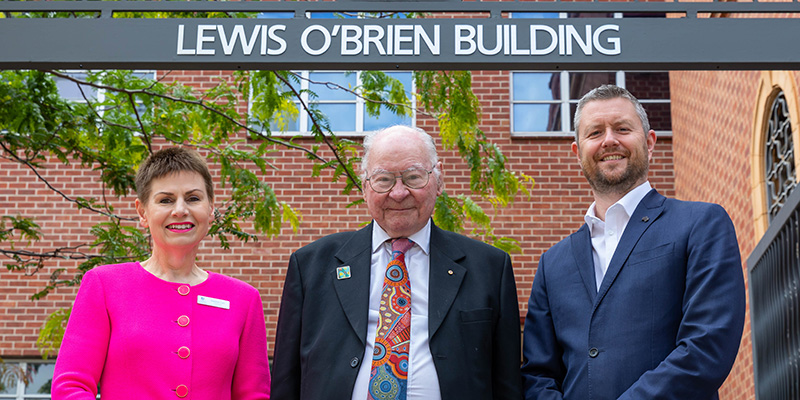
UniSA honoured the legacy of Uncle Lewis O’Brien, a leading Kaurna thinker, philosopher and educator, with the re-name of the Law Building to the Lewis O’Brien/Yarlupurka Building. The Lewis O’Brien Building will be the future home of UniSA’s Aboriginal Knowledges Centre, a community gathering space to foster cultural connections and knowledge sharing.
Yurirka: Proppa Engagement with Aboriginal Peoples was released. Yurirka was designed to support the University’s staff and students. The guide helps to create a better understanding of respectful ways of being, and support users to have a strong grasp of the protocols of engagement with Aboriginal Peoples, to allow the space and opportunity for improved and genuine relationships.
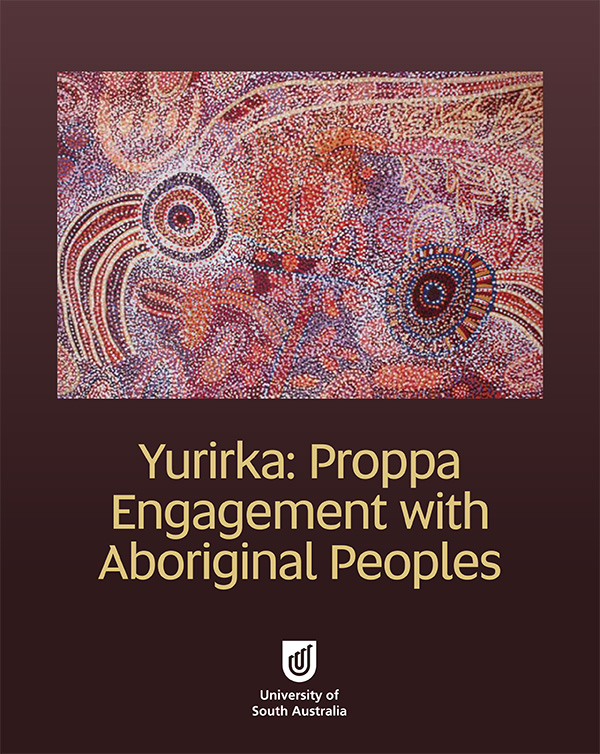

2020
An external review was conducted to evaluate UniSA’s approach to the development, delivery, and assessment of Aboriginal Content in Undergraduate Programs (ACUP) and to identify areas of strength and areas for development.
The Purkarninthi in Residence was formed. The formation of Purkarninthi in Residence was a deliverable of the RAP 2018-2021 and is designed to support Aboriginal student and learning across the University. The Purkarninthi consists of seven metropolitan-based Elders, who have kinship ties across South Australia, with two members holding honorary degrees from UniSA. All are well known and widely respected for their community connections and leadership, and cultural knowledge.
2019
The Aboriginal Research Strategy 2019-2025 was launched. The strategy is designed to grow Aboriginal research and guide staff engagement with Aboriginal Peoples. It was informed and shaped by engagement with Aboriginal Elders across South Australia and UniSA staff.
The strategy positions UniSA nationally, by clearly articulating a two-way knowledges approach and identifying actions that enable the strategy to be embedded across the research space.
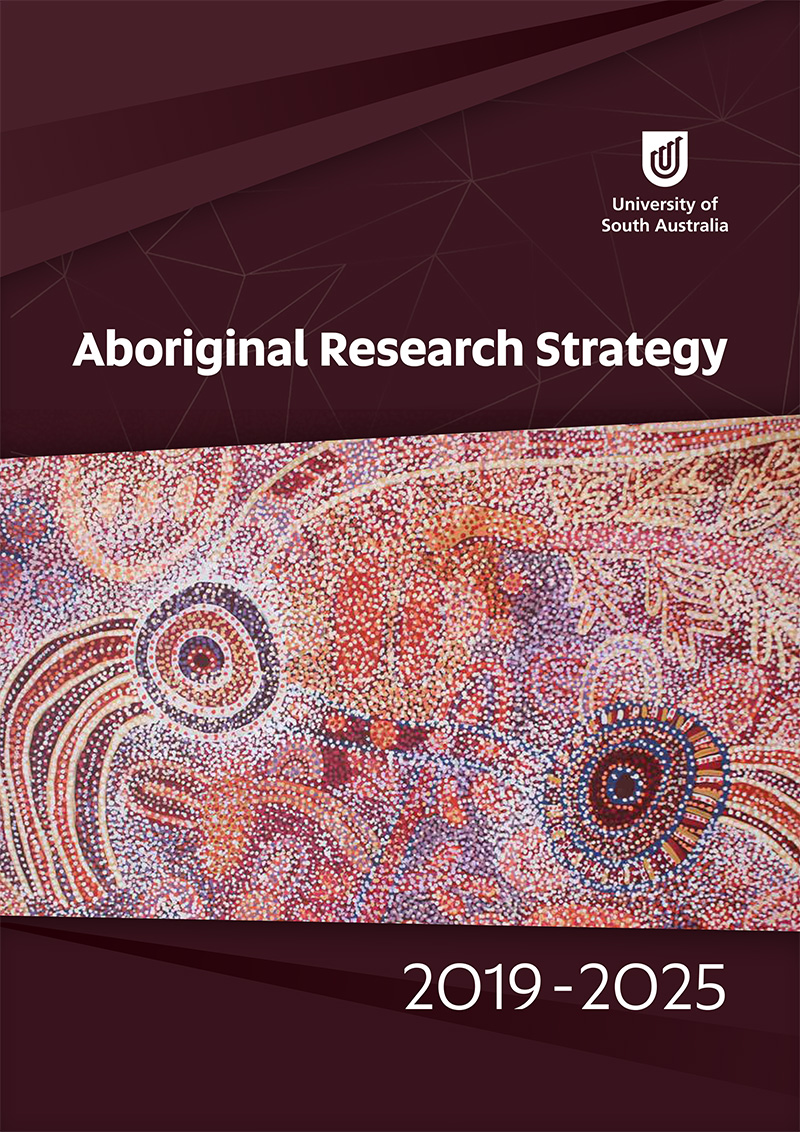
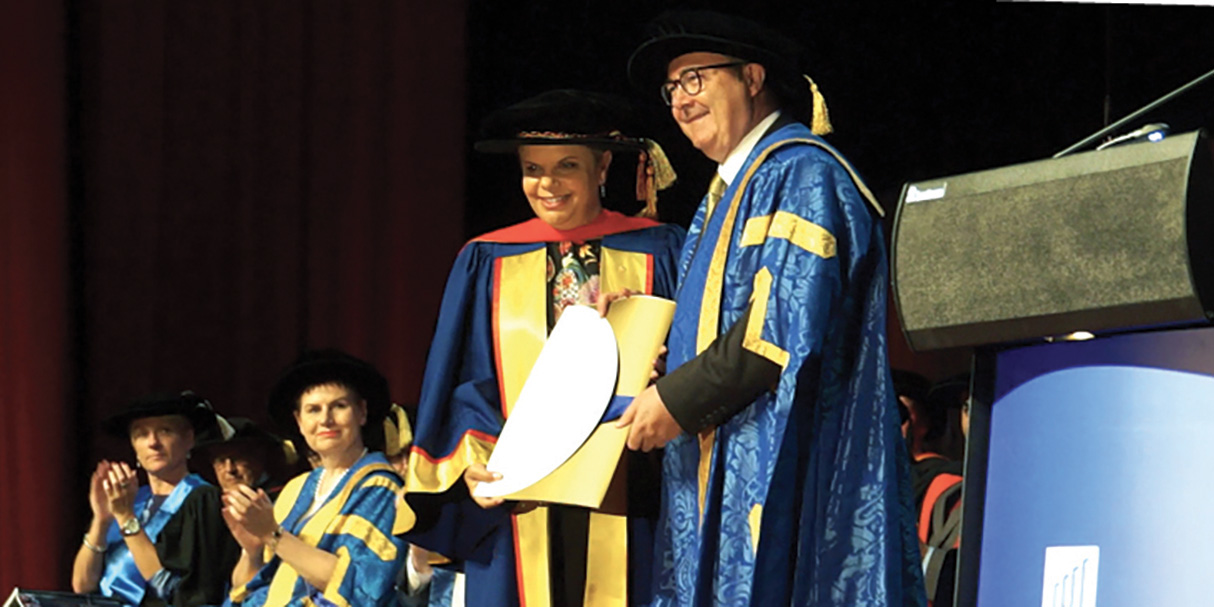
2018
The music “Ancient Land Processional” was created and now plays at the start of each graduation ceremony. The piece was composed by Deborah Cheetham AO, a Yorta woman, soprano composer and educator. Read more...
The University’s second RAP – a Stretch plan – was launched. Our first Stretch RAP set ambitious targets for Aboriginal participation in research, education, and employment, to advance a culturally safe and inclusive University culture in which Aboriginal staff and students can thrive. Read more...
Yaitya Warra-itya was established. The advisory body provides leadership and strategic advice to the UniSA community, the Pro Vice Chancellor: Aboriginal Leadership and Strategy, Enterprise Leadership Team, Academic Board and Council on Aboriginal policy matters and their implementation relevant to the University.
2017
UniSA’s Indigenous Student Success Program Governance Group was established.
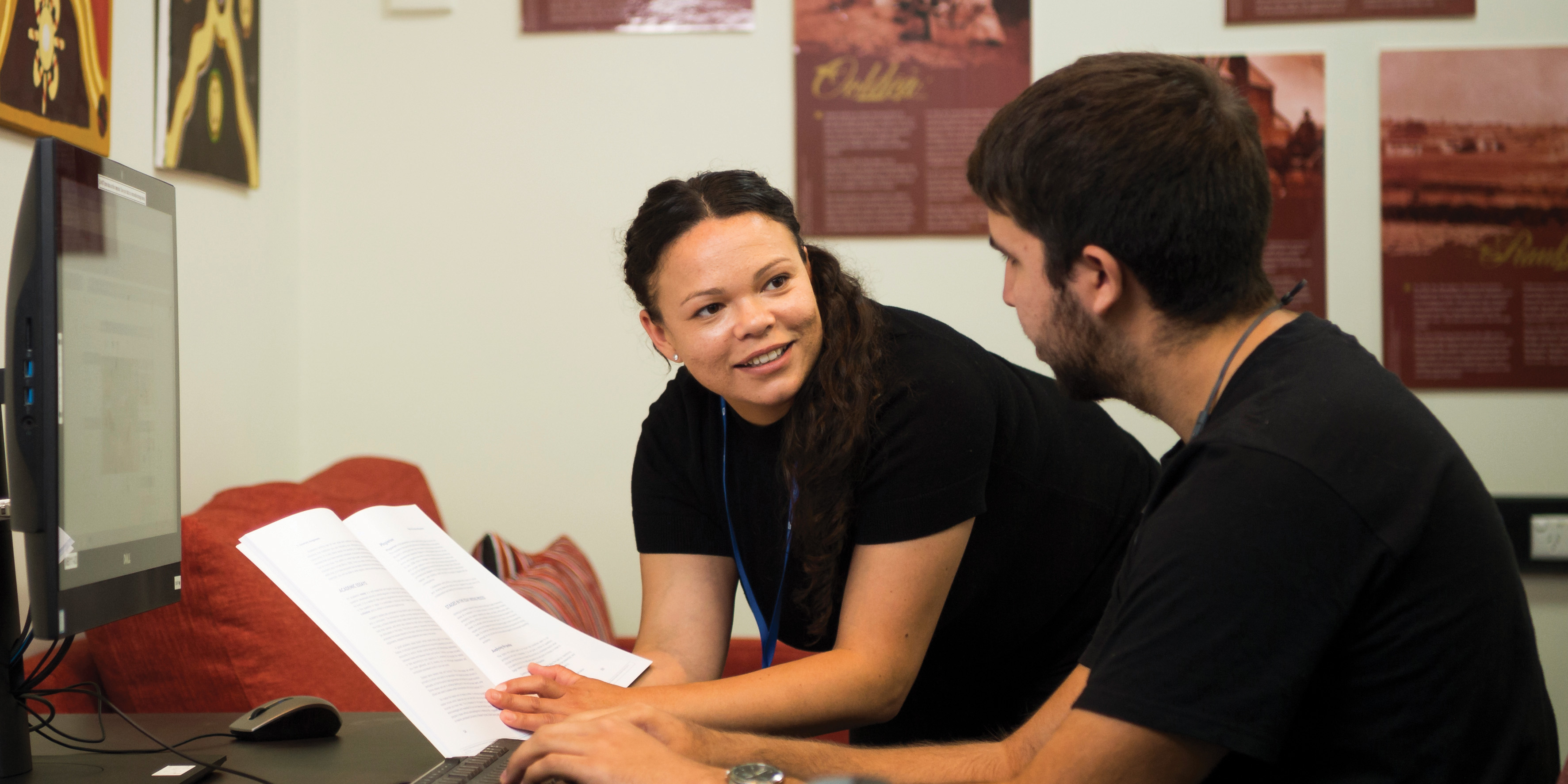
2016
The Aboriginal Pathways Program was launched. The Program strives to provide a culturally safe environment for students to build the skills they need to study successfully at the tertiary level, and is currently delivered in four regional areas and in Adelaide.
The Pro Vice Chancellor for Aboriginal Leadership and Strategy and Unaipon Chair was appointed.
Wirringka Student Services (which means ‘together and in common with’ in Kaurna) was re-launched and expanded to provide culturally safe, student-centred study centres for Aboriginal students, and to deepen the University’s networks with Aboriginal communities.
A partnership with the APY (Anangu, Pitjantjatjara and Yankunytjatjara) Hub was formed.
The Goodes O’Loughlin UniSA GO Scholarship was launched, supporting high-achieving Aboriginal students enrolled in a health or fitness-related undergraduate degree program. The GO Foundation was founded by Adam Goodes and Michael O’Loughlin and creates educational opportunities for Aboriginal youth through a strong network of collaboration with corporate Australia, schools, universities and other partners.
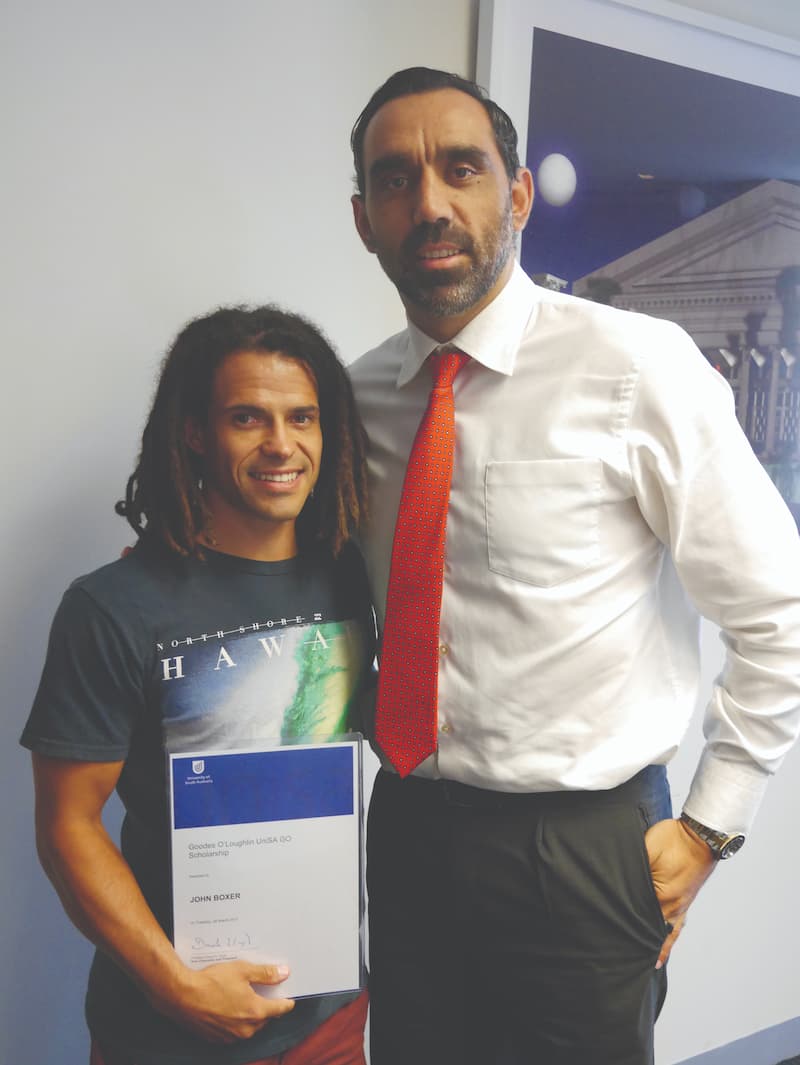

2015
Undergraduate engineering students were awarded government funding to identify and map stormwater problems, road damage and soil erosion in Yalata, as part of the Community Service-Learning Project and Aboriginal Content approach. The project provided students with an opportunity to build relationships with and learn from the Anangu, while working together to improve the drainage of the community.
2015
Each campus has a physical Acknowledgement of Country statement in a visible public area and a growing permanent display of significant Aboriginal artwork. The first artworks were placed in the Jeffrey Smart Building at the City West Campus, which houses the Library and collaborative learning spaces.
2014
UniSA was the first University in South Australia to launch a Reconciliation Action Plan (RAP). The plan provided a framework for building relationships, deepening respect, and providing more opportunities for Aboriginal Peoples.
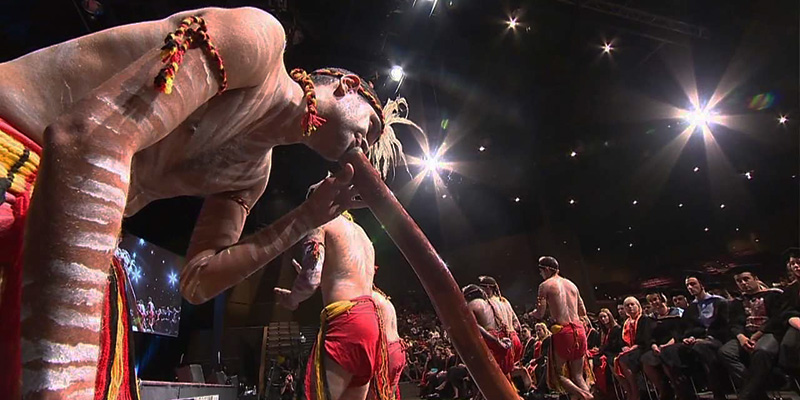
The Vice Chancellor was welcomed to South Australian lands by the Traditional Owners at a University graduation ceremony. This was the first time a university provided a Welcome to Country to a Vice Chancellor. Read more...
2012
An inaugural Dean: Indigenous Scholarship, Engagement and Research was appointed.
2010
The Aboriginal Graduate Scheme was launched, to provide an opportunity for the University to attract Aboriginal graduates to our workforce. Each graduate rotates through a range of business areas to develop their skill set and is supported by our Aboriginal Staff Network with individualised development and mentoring plans.
UniSA College was created to provide alternative pathways to degree qualifications for Aboriginal and other students.
2005
The Aboriginal Content in Undergraduate Programs(ACUP) commenced, with a commitment that all students experience accessible Aboriginal content at some point in their program. UniSA academics continue to develop innovative pedagogies and curricula that engage Aboriginal knowledges and deepen the understanding gained by students of this two-way pproach to learning.
The David Unaipon College of Indigenous Education and Research (DUCIER) was established, consolidating the former Unaipon School, Indigenous Support Unit and Nunga Research.
The Gavin Wanganeen Aboriginal Scholarship was established. The goal of the scholarship was to support disadvantaged Aboriginal students undertake a university degree; and particularly, was aimed at students who hold a strong desire to succeed and give back to their communities.

2002
The University’s Indigenous Employment Strategy was one of the first introduced in the nation. The strategy continues to set ambitious targets to progress employment opportunities for Aboriginal Peoples, as both professional and academic staff.
2001
A full-time Aboriginal and Torres Strait Islander employment position was established.
1998
The Aboriginal and Torres Strait Islander employment scheme was released.

1997
UniSA was the first university in Australia to make a statement of commitment to reconciliation.
1996
The Unaipon School was founded, which was then followed by the establishment of the David Unaipon College of Indigenous Education and Research (DUCIER) in 2005. DUCIER was named in honour of David Unaipon, who was a gifted Aboriginal man and strong advocate for Aboriginal education.
1992
The Aboriginal Advancement League Grants – now known as the Yangadlitya Aboriginal Postgraduate Scholarships – were launched.
1991
The University of South Australia Act was enacted, and a commitment was made to provide tertiary education programs as the University thinks appropriate to meet the needs of the Aboriginal Peoples.
The Aboriginal Language School, which provides the Pitjantjatjara/Yankunytjatjara Language and Culture Program, was established.

1988
The School of Aboriginal and Islander Administration (SA Institute of Technology) was formed.
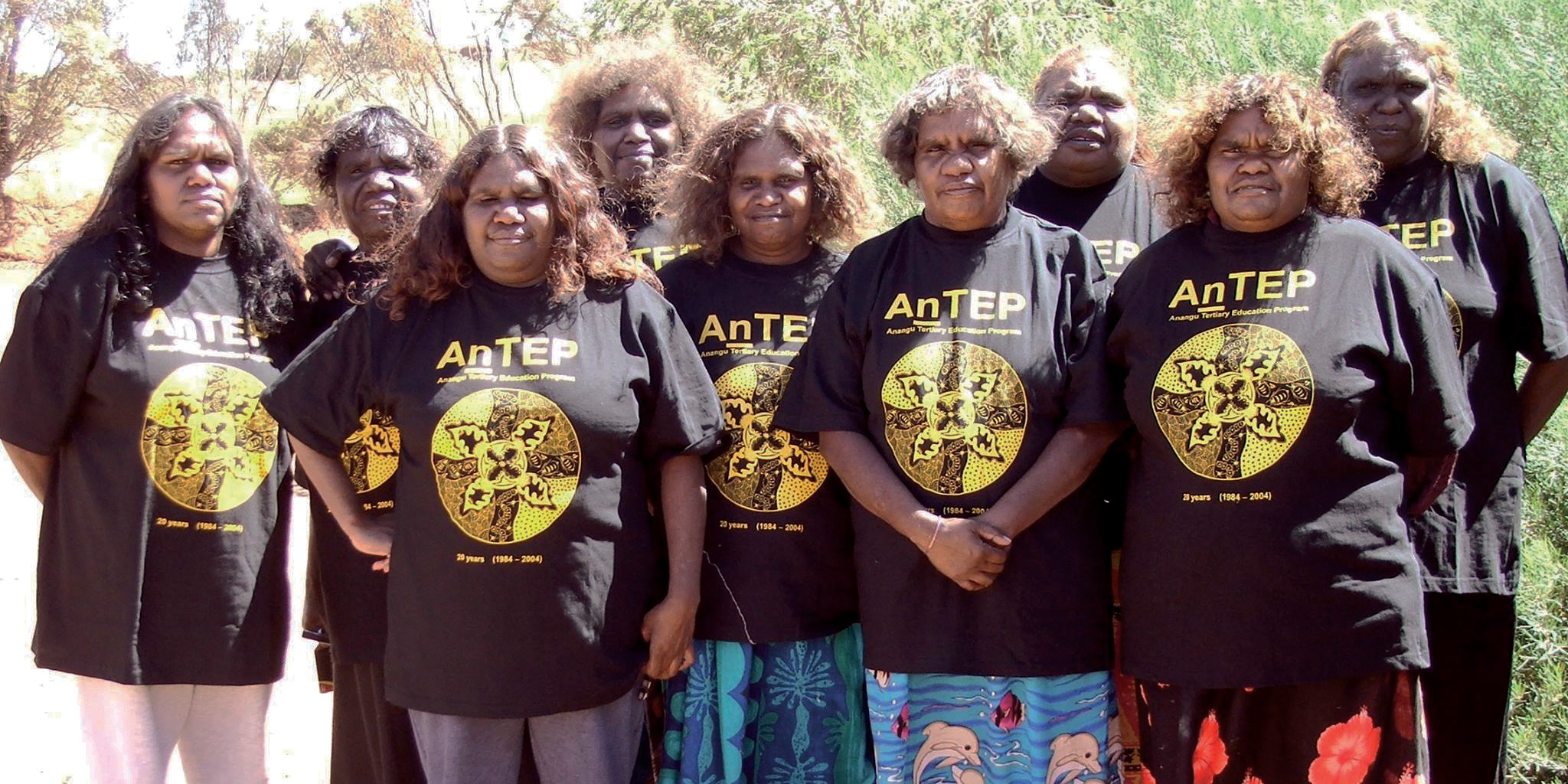
1984
Anangu Tertiary Education Program (AnTEP) commenced in Ernabella on the Anangu Pitjantjatjara Yankunytjatjara Lands, and provided formal teaching qualifications for Anangu and supported bilingual teaching partnerships between non-Aboriginal and Anangu teachers.
1973
The first tertiary program of its kind in Australia, the Aboriginal Task Force provided education in social work and community development for Aboriginal students from across the country.
1968
UniSA’s Aboriginal education is founded in our antecedent institutions. Aboriginal Studies was first taught at the Teacher Education Centre (Western Teachers’ College) and this model was the basis for other Aboriginal education programs nationally.


